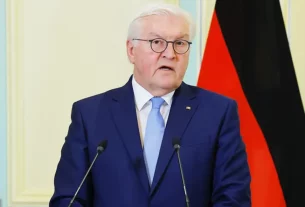In a significant policy shift, Latvia’s parliament has voted to withdraw from the Ottawa Convention, the international treaty prohibiting anti-personnel landmines. This move aligns Latvia with neighboring Estonia, Lithuania, and Poland, all of which have indicated plans to exit the treaty due to escalating security concerns related to Russia.
Strategic Shift in Regional Defense
The decision reflects a broader regional strategy to bolster defense capabilities along NATO’s eastern flank. The defense ministers of Estonia, Latvia, Lithuania, and Poland issued a joint statement emphasizing the need for flexibility in defense measures to address increased military threats from Russia and Belarus. While Latvia’s Ministry of Defence has conducted assessments indicating the feasibility of producing anti-personnel mines domestically, it remains committed to international humanitarian law and consultations with allies .
International Reactions and Humanitarian Concerns
The withdrawal has drawn criticism from international organizations, including the International Committee of the Red Cross, which warns of the humanitarian risks associated with landmines. Despite these concerns, the Baltic states assert that the move is necessary to ensure national security and regional stability.
Broader Implications
This development could set a precedent for other nations in Eastern Europe to reconsider their positions on landmine treaties in response to perceived threats. As the situation evolves, the international community will be closely monitoring the balance between national security interests and humanitarian obligations.
Landmines Picture on Wikimadia by the humanitarian landmine clearance project MASAM PROJECT CC-BY-SA-4.0



